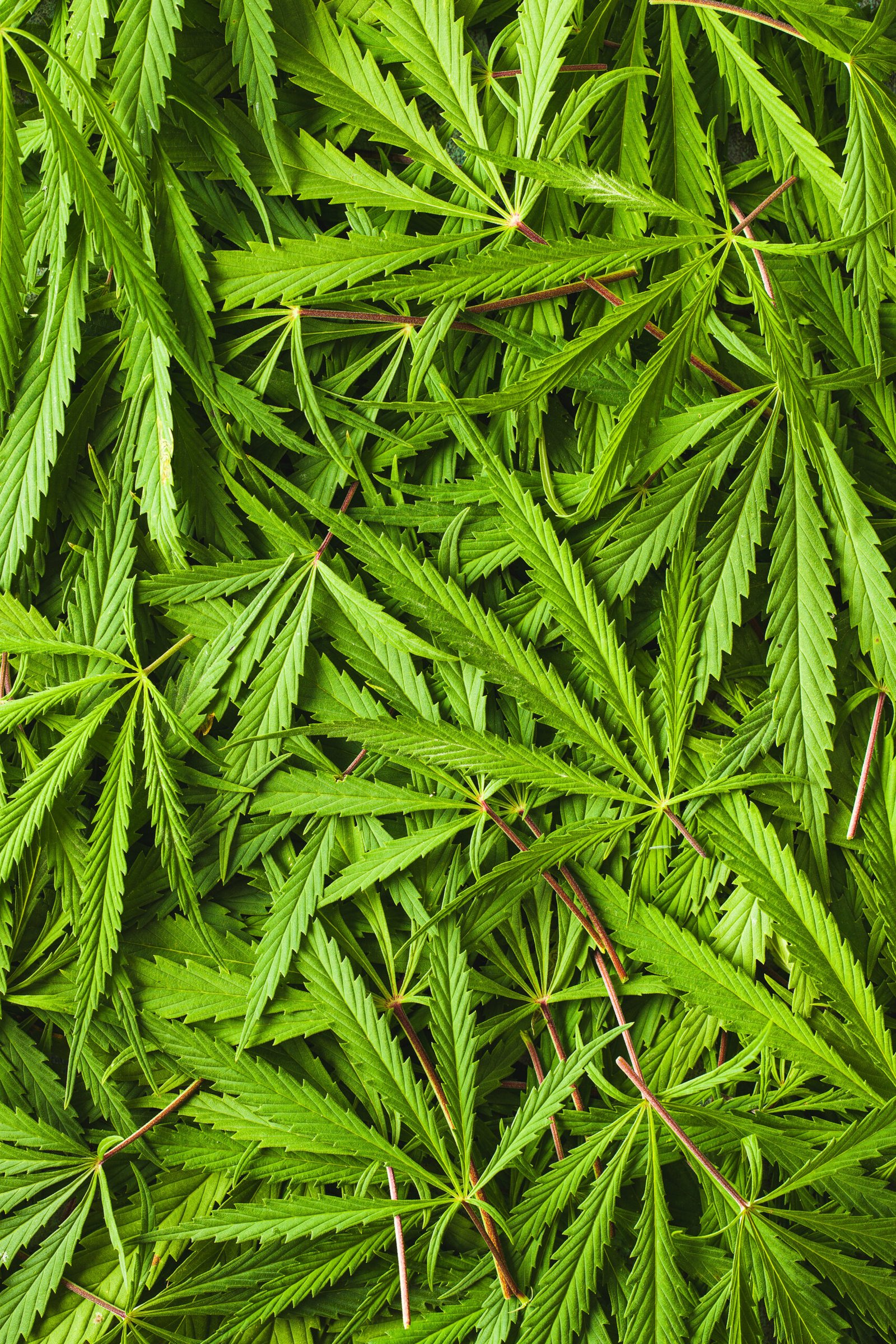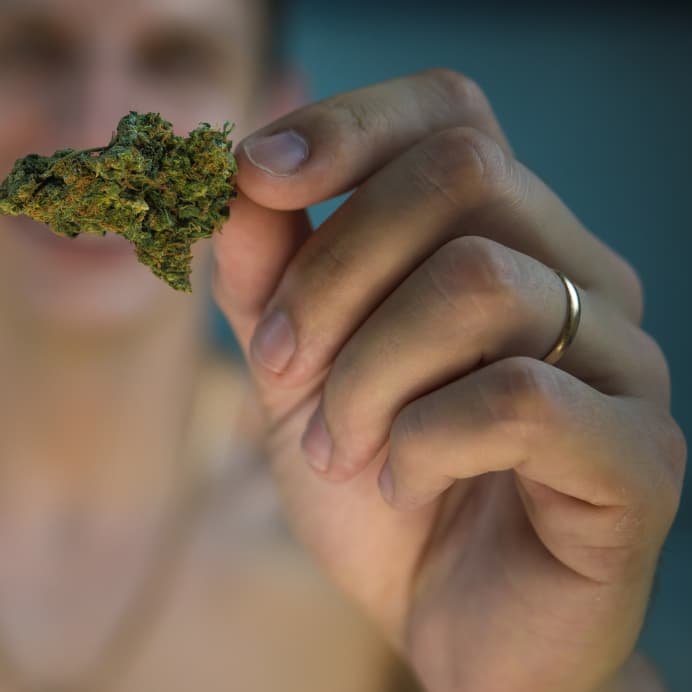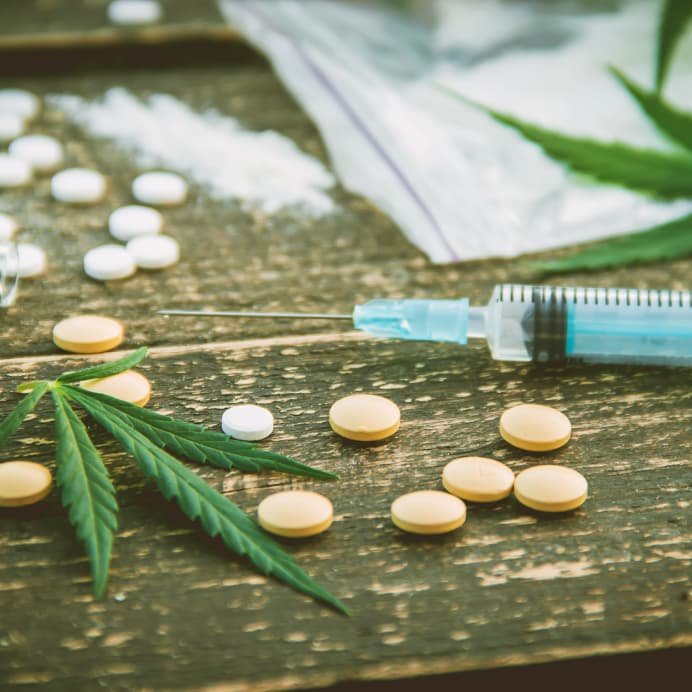Marijuana Addiction Treatment
Marijuana Addiction Treatment
What is Cannabis Addiction?
Cannabis addiction, also known as cannabis use disorder, is characterized by a compulsive need to use marijuana despite negative consequences. This dependency can disrupt daily life, affecting relationships, work performance, and overall well-being. It’s important to note that while cannabis addiction is debated in some circles, it can significantly impact individuals who struggle to control their use.
Addictive Properties of Cannabis
Cannabis contains THC (tetrahydrocannabinol), a psychoactive compound that interacts with cannabinoid receptors in the brain. THC triggers the brain’s reward system, leading to pleasurable sensations such as euphoria and relaxation. Over time, repeated use can lead to tolerance, where higher doses of cannabis are needed to achieve the same effects. This tolerance can escalate into dependence and, in some cases, addiction.


Signs and Symptoms
Recognizing cannabis addiction involves understanding its behavioral and physical manifestations:
- Increased Tolerance: Individuals may find that they need more cannabis to achieve the desired effects as their tolerance increases.
- Time Spent: Significant amounts of time may be devoted to obtaining cannabis, using it, or recovering from its effects.
- Neglecting Responsibilities: Prioritizing cannabis use over obligations such as work, school, or family responsibilities.
- Withdrawal Symptoms: When attempting to cut down or stop using cannabis, some individuals may experience withdrawal symptoms such as irritability, restlessness, insomnia, decreased appetite, and mood swings.
- Continued Use: Despite experiencing negative consequences, such as strained relationships or legal issues, individuals may continue to use cannabis.
Psychological and Physical Impact
While physical withdrawal symptoms from cannabis are generally mild compared to substances like alcohol or opioids, psychological dependence can be profound:
- Cognitive Effects: Long-term cannabis use can impair cognitive functions such as memory, attention, and decision-making. This can affect academic or job performance and daily functioning.
- Mental Health: Cannabis use has been associated with increased risk of developing or worsening mental health conditions such as anxiety disorders, depression, and psychosis in vulnerable individuals.
- Motivation: Chronic cannabis use may lead to decreased motivation, affecting goal-directed behavior and engagement in activities that do not involve cannabis.

Why Choose 911 Detox recovery for Alcohol Rehabilitation?
Struggling with alcohol addiction can feel isolating and overwhelming, but you don’t have to go through it alone. At 911 Detox Center, we offer a transformative journey towards lasting sobriety that goes beyond just detox.

Detox
Our journey begins with a safe and comfortable, medically supervised detox. We understand the challenges of withdrawal, so we’ll be by your side, managing symptoms and addressing underlying triggers.
Residential
Immerse yourself in a supportive and structured program designed for healing and self-discovery. Through individual therapy sessions, you’ll delve deeper into your story, gaining insights and tools for lasting change.
Recovery Maintenance
Our commitment extends beyond treatment. We offer ongoing support groups, connecting you with others who understand your struggles and celebrate your successes.
Risk Factors
Several factors contribute to the likelihood of developing cannabis addiction:
- Genetic Predisposition: Family history of substance use disorders or mental health conditions.
- Environmental Factors: Peer influence, availability of cannabis, and social norms regarding its use.
- Early Exposure: Starting cannabis use during adolescence, when the brain is still developing, may increase the risk of addiction.
- Co-Occurring Mental Health Conditions: Individuals with anxiety, depression, or other mental health disorders may use cannabis as a form of self-medication, leading to dependency.
- Patterns of Use: Frequency, quantity, and method of cannabis consumption can impact the likelihood of developing addiction.

Treatment Options
Overcoming cannabis addiction often requires a comprehensive approach tailored to individual needs:
Therapy and Behavioral Interventions
- Cognitive Behavioral Therapy (CBT): Helps individuals identify and change negative thought patterns and behaviors related to cannabis use. CBT also teaches coping strategies to manage cravings and avoid relapse.
- Motivational Enhancement Therapy (MET): Focuses on increasing motivation and commitment to change problematic behaviors associated with cannabis use.
- Contingency Management: Provides tangible rewards, such as vouchers or privileges, for maintaining abstinence and participating in treatment.
Support Groups and Peer Support
- Support Groups: Organizations like Marijuana Anonymous (MA) offer peer support and a sense of community for individuals recovering from cannabis addiction. Group settings allow individuals to share experiences, provide mutual support, and learn from each other’s strategies for maintaining sobriety.
- Peer Support: Connecting with peers who have successfully overcome cannabis addiction can provide inspiration, encouragement, and practical advice during the recovery process.
Medication and Medical Support
- Medication: While there are currently no FDA-approved medications specifically for treating cannabis addiction, medications may be prescribed to manage withdrawal symptoms or co-occurring mental health conditions that contribute to addiction.
- Medical Monitoring: Supervised detoxification and ongoing medical support ensure safe withdrawal management and address any physical or psychological complications that may arise during treatment.
Facilities and Programs
Specialized facilities and treatment programs, such as 911 Detox Center in California, offer structured support and holistic care to aid individuals in their recovery journey. These programs typically include medical supervision, individual and group therapy sessions, educational workshops, and aftercare planning to support long-term sobriety.
Prevention and Support
Education and Awareness
- Prevention Programs: Educating communities, schools, and families about the potential risks associated with cannabis use and addiction can help reduce the prevalence of substance use disorders.
- Healthy Coping Mechanisms: Promoting alternative activities and healthy coping strategies, such as exercise, hobbies, and social support networks, can mitigate the risk of excessive cannabis use as a coping mechanism.
Resources and Support Systems
- Counseling Services: Accessible counseling and support services provide guidance and emotional support for individuals and families affected by cannabis addiction.
- Community Outreach: Engaging with local communities to provide resources, raise awareness, and reduce stigma surrounding addiction encourages individuals to seek help and support.
Conclusion
Understanding cannabis addiction is crucial for recognizing its signs, seeking timely intervention, and supporting effective recovery efforts. By offering comprehensive information on treatment options, support resources, and prevention strategies, we can empower individuals to make informed decisions about their health and well-being. Addressing cannabis addiction requires a multifaceted approach that addresses both the physical and psychological aspects of dependency, ultimately promoting a healthier, more balanced life.

